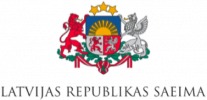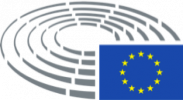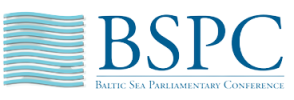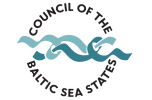On 5-6 June 2025, the joint meeting of the Education, Science and Culture Committee and the Health, Welfare and Family Committee was held in Palanga, Lithuania. The meeting brought together parliamentarians and experts from the Baltic States to discuss strategic joint initiatives in science, education, culture and healthcare.
Strengthening scientific excellence through the creation of the Baltic Science Fund
Chaired by Juris Viļums, Chair of the Education, Science and Culture Committee, the first session of the meeting focused on strengthening scientific excellence through the creation of the Baltic Science Fund. During the opening of the session, Juris Viļums addressed the creation of the Baltic Science Fund as a critical step towards strengthening scientific excellence in the region by stating that, “such a fund would allow us to pool our resources, coordinate our efforts and provide long-term support for collaborative research!”
Parliamentary Secretary of the Ministry of Education and Science of Latvia, Dāvis Mārtiņš Daugavietis, emphasised the long-standing tradition of scientific cooperation among the Baltic States, citing examples like the Lithuanian-Latvian-Chinese (Taiwanese) Cooperation Programme. While the idea of a joint science fund has been discussed before, it has struggled to gain traction due to limited funding, so he stressed the need to develop a workable funding mechanism, which should prioritise research areas unique to the region, such as history and linguistics.
Rimantas Vaitkus, Adviser to the Lithuanian Minister of Education, Science and Sports, supported the idea of a Baltic Science Fund but stressed the need to clearly define its purpose and how it would relate to existing programmes like Horizon Europe. He noted that each country has its own research strengths, and cooperation should focus on overlapping areas. Financing remains a key question, as most Lithuanian research funding currently goes to universities and institutes through project-based support.
Marko Piirsoo, Head of the Strategic Analysis Department at the Estonian Research Council, noted that joint publications among Baltic researchers have grown from 6% to 8% between 2019 and 2023, mainly in environmental and clinical medicine. While collaboration and research exchange are increasing, both remain relatively low. He highlighted existing funding from Horizon Europe and the now-ended Baltic Research Programme, which proved valuable but will not continue in the next EU programming period and suggested that now may be the right time to establish a new fund.
The Baltic Way: a historic legacy, a present bond and a path for the future
Continuing, the second session of the meeting, also chaired by Juris Viļums, addressed the enduring legacy of the Baltic Way and the importance of cross-border cultural cooperation in commemorating it. He highlighted that the Baltic Way is not only a historic moment of unity but also a lasting symbol of shared identity. To preserve its legacy and pass its values on to future generations, he called for joint strategic planning and long-term financial support.
Dāvis Mārtiņš Daugavietis highlighted the financial limitations that hinder the organisation of large-scale international events. He shared that the Latvian National Archives is planning a major exhibition titled "Baltic Way – a Symbol of Unity and Freedom," which will be displayed in all three capitals to symbolise regional unity. He also noted the success of the Baltic Chain Tour cycling race and emphasised the importance of continuing such collaborations to preserve and promote the legacy of the Baltic Way.
Viktor Denisenko, Vice-Minister of Culture of Lithuania, stressed that the Baltic Way remains a crucial historical event, particularly in the face of Russian propaganda and disinformation efforts aimed at rewriting regional history. While Lithuania prioritises funding for security and defence, he suggested that rotating annual celebrations of the Baltic Way between the three capitals could be an effective and creative approach to commemoration.
Marko Piirsoo, speaking on behalf of the Estonian Minister of Culture, stated that in Estonia, the coordination of Baltic Way commemorations is handled by museums and that preparations for the 40th anniversary are already in progress. He noted that the Baltic Chain Tour this year is taking place in Latvia and Estonia and extended an invitation to Lithuania to join the tour in the following year.
Fostering regional cooperation in healthcare research across the Baltics
Chaired by Antoņina Ņenaševa, Chair of the Health, Welfare and Family Committee, the third session of the meeting focused on how the Baltic States can strengthen cooperation in healthcare research. While opening the session, Antoņina Ņanaševa highlighted that research is fundamental to advancing medicine, improving patient care and building resilient health systems. She stressed that regional cooperation in this field is essential for tackling shared challenges like aging populations, mental health and access to innovative treatments.
Maija Dambrova, Head of the Laboratory of Pharmaceutical Pharmacology at the Latvian Institute of Organic Synthesis (LIOS), introduced LIOS as a research institute that specialises in drug discovery and development and collaborates with 364 institutions worldwide. She highlighted the Alliance4Life initiative as a best practice example due to it uniting twelve leading life science institutions from eleven Central and Eastern European countries, including the Baltic States. The initiative aims to close the divide in European health research by building a culture that nurtures excellence. She called on cooperation that includes not only the sharing of knowledge and experience, but also a creative outlook in problem solving.
Daniel Naumovas, Vice-Minister of Health of Lithuania, explained that the Lithuanian Ministry of Health is not directly responsible for research but supports cooperation. He highlighted biotechnology as a promising area for future collaboration and funding, especially with upcoming EU initiatives such as the Biotechnology Act. Lithuania aims to direct more national financing into this sector. Additionally, he emphasised the importance of using AI, building biobank collaboration, and ensuring continuity in joint Horizon projects to unlock future funding opportunities.
Anda Ķīvīte-Urtāne, Director of the Institute of Public Health at the Rīga Stradiņš University, noted that while there are some Baltic-specific research projects, most collaboration occurs through broader EU programmes like EU4Health. She emphasised the need for the fund to address regional issues that fall outside EU funding priorities and called for greater inclusion of social sciences in health research, particularly around topics like health literacy and vaccine hesitancy, which differ in the Baltic context. She suggested roundtable expert discussions to identify region-specific research needs.
Marko Piirsoo stated that there are currently no dedicated funding mechanisms for Baltic healthcare research cooperation, with most resources coming from EU programmes like Horizon and noted that more structured collaboration is needed. The priority of Estonia in the field is developing personalised medicine using data from the Estonian Gene Bank. He noted progress with the 2024 establishment of a national Cancer Centre at the University of Tartu, supported by EU funding.
An international perspective was given by Eva Lidh, Chair of the Committee on Welfare in the Nordic Region from the Nordic Council. She highlighted that the Baltic States and Nordic countries share similar health challenges, for example, ensuring security of medical supply or anti-microbial resistance, and reaffirmed that the understanding of the importance of cooperation with the Baltic States has grown not only in the Nordic Council but also within the general public.
Developments in the creation of the Advanced Particle Therapy Centre for the Baltic States
The meeting concluded with a session dedicated to the progress made in the creation of the Advanced Particle Therapy Centre, a joint initiative of the CERN Baltic Group and CERN to develop cutting-edge cancer treatment capabilities in the region. Antoņina Ņenaševa noted that the initiative to establish an Advanced Particle Therapy Centre for the Baltic States has gained consistent support since 2022. However, while the vision is shared across the region, she stressed that the next crucial step is conducting a feasibility study to transition the idea into practical implementation.
Brigita Abakevičienė, Chair of the CERN Baltic Group, shared developments on the establishment of the Centre and highlighted that it would establish the Baltics as one of the leading regions in accelerator-driven biomedical research and expand the capacity for clinical translation of helium ion therapy all across Europe. She called on the need for the establishment of a comprehensive and factual feasibility study, which could transform the decision-making process toward the realisation of the center.
Dāvis Mārtiņš Daugavietis also supported developing a joint feasibility study for the Advanced Particle Therapy Centre by stating that Latvia recognises its potential. He noted that strengthening research capacity in physics is a priority and suggested allocating a dedicated budget for feasibility studies. However, this interdisciplinary project requires broad cross-sectoral support. While acknowledging that most government spending currently goes to defence, he said that if consensus is reached, Latvia is willing to support the initiative.
Daniel Naumovas expressed the importance of identifying national strengths and stated that if the project is valuable, efforts should continue. He explained that particle therapy is vital for both diagnostics and treatment, given the short lifespan of the particles, which must be used immediately. He supported the idea of co-financing through European sources and said Lithuania would be open to backing a feasibility study.
Marko Piirsoo noted that the political stance on the initiative has improved over the past two years. He explained that although Estonia is a full member of CERN and has a programme running until 2029, this specific initiative is not currently included. He emphasised that the absence of a clear lead advocate within the government is a barrier but added that if all three Baltic States coordinate their efforts and push forward together, there is still hope for success.
The overall atmosphere of the meeting was marked by a strong sense of shared purpose and ambition. Discussions revealed a growing alignment among the Baltic States on the importance of deeper scientific, cultural and healthcare cooperation. While challenges related to funding, coordination and political prioritisation were openly acknowledged, there was a clear momentum toward developing practical frameworks and joint initiatives.
Photos
© Secretariat of the Baltic Assembly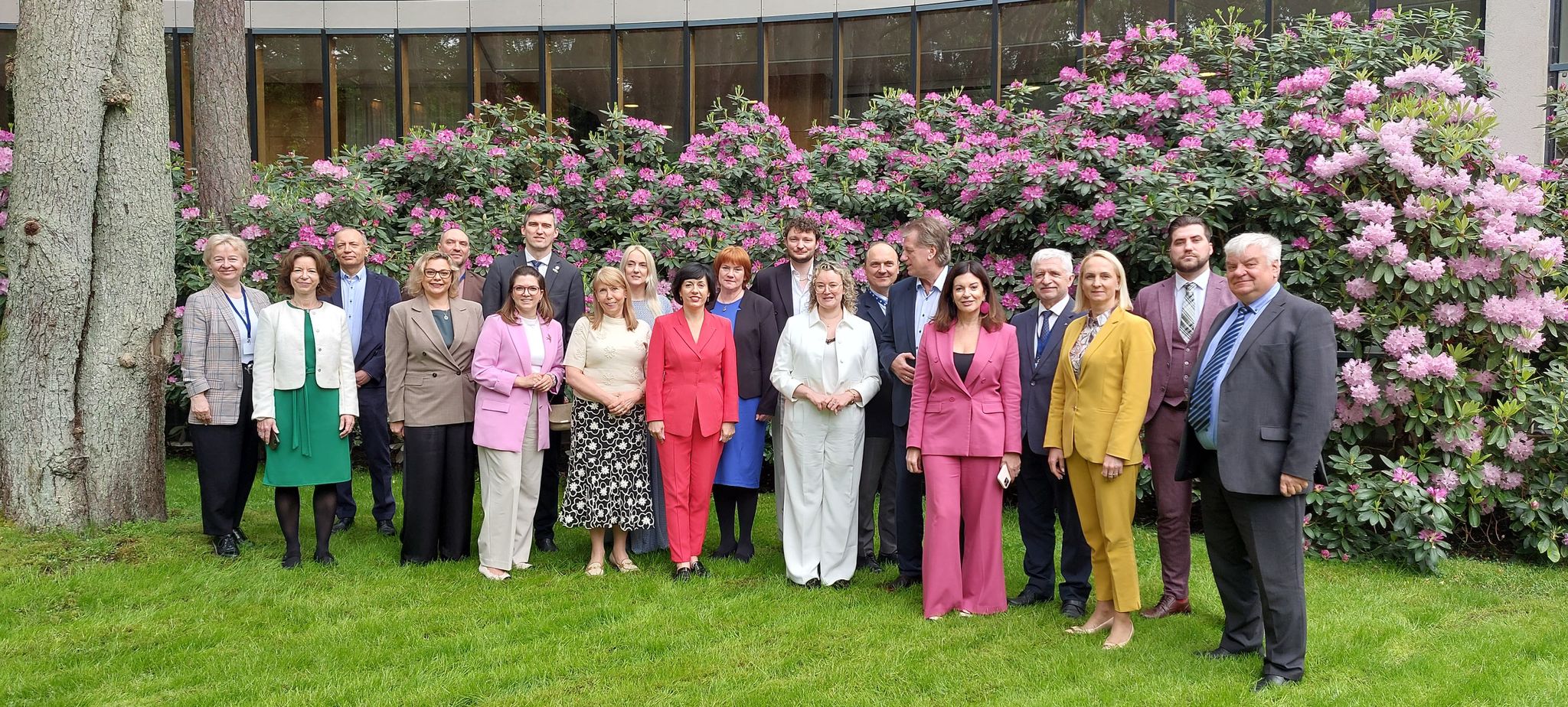
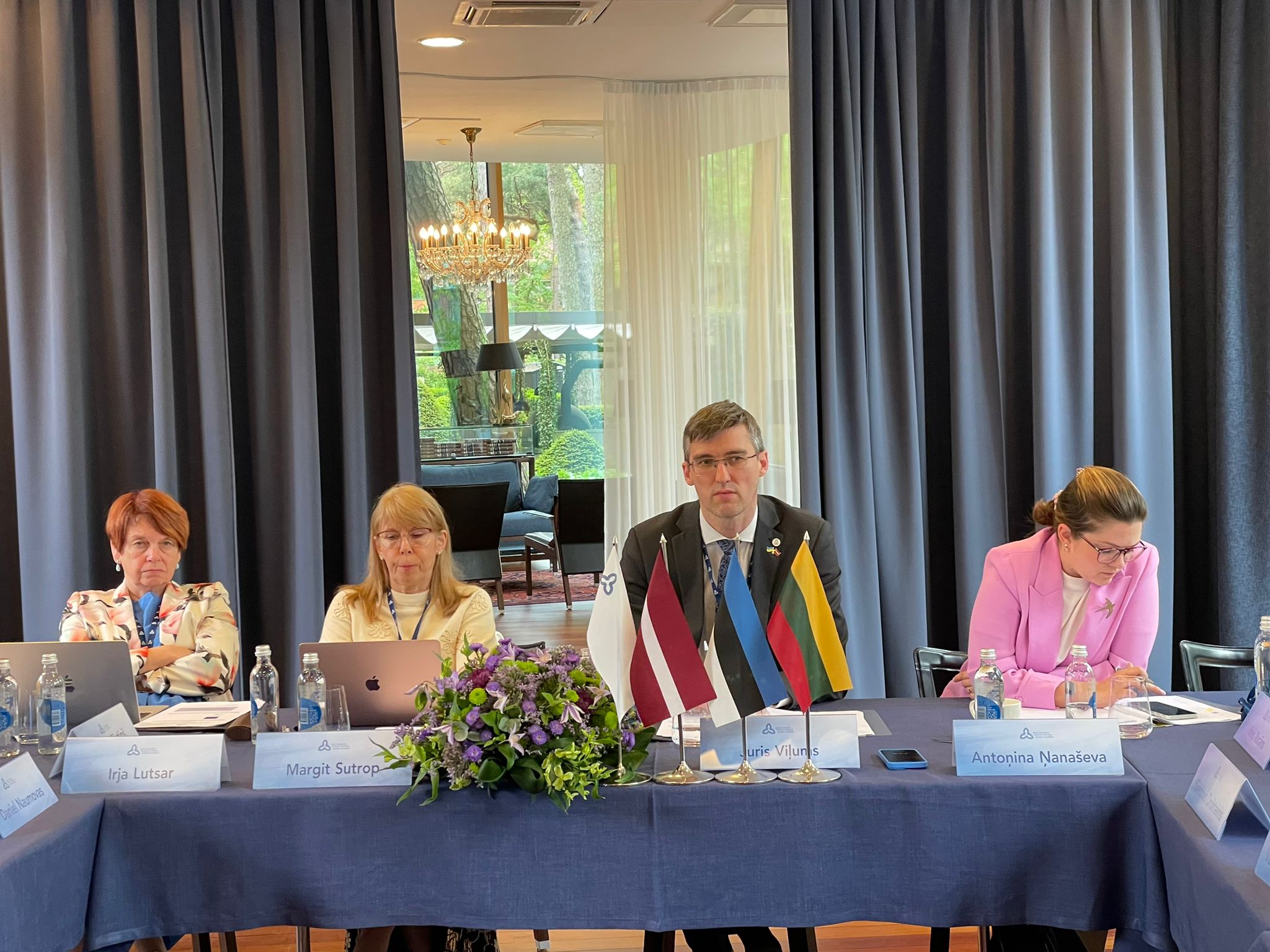
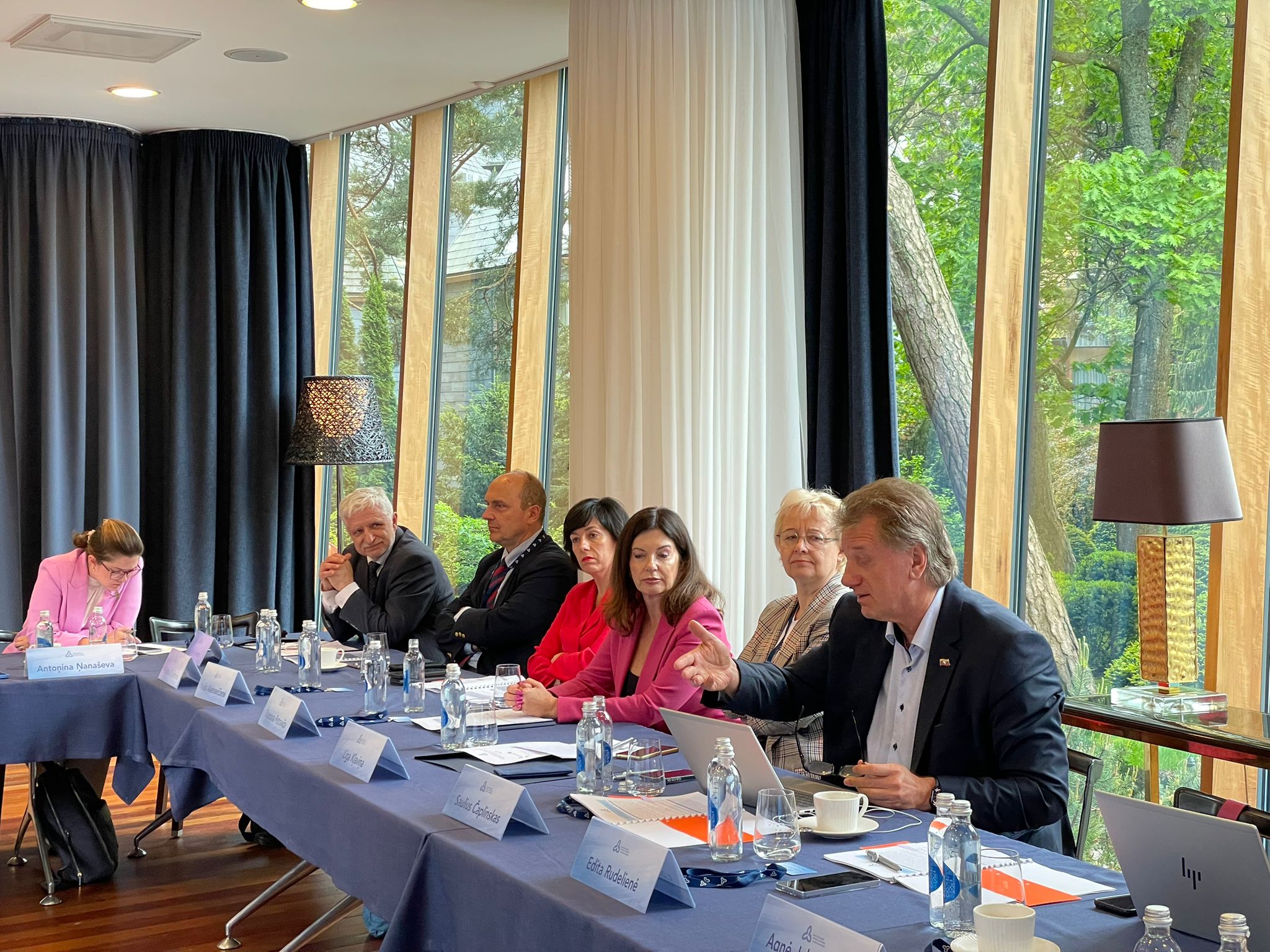
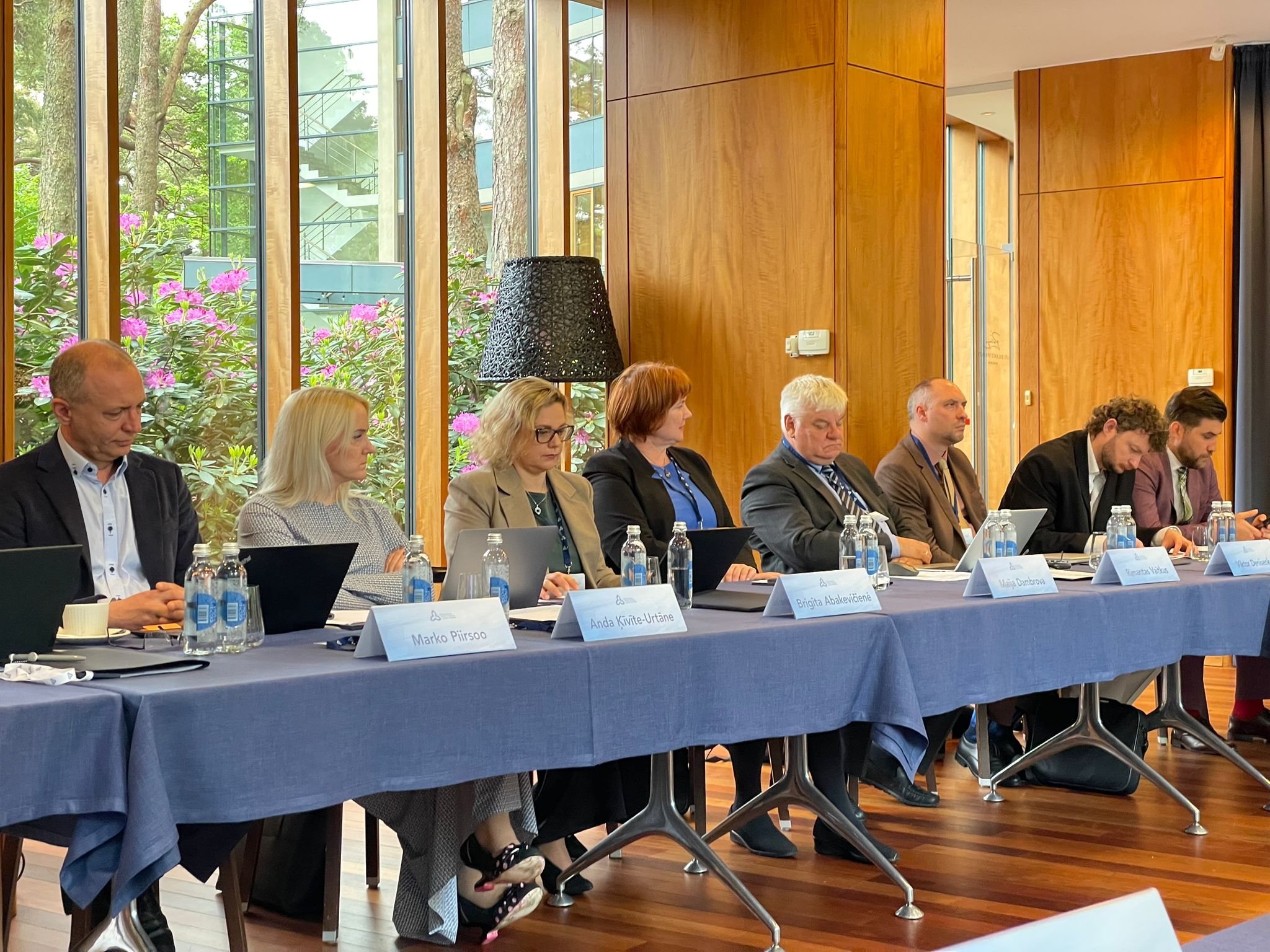
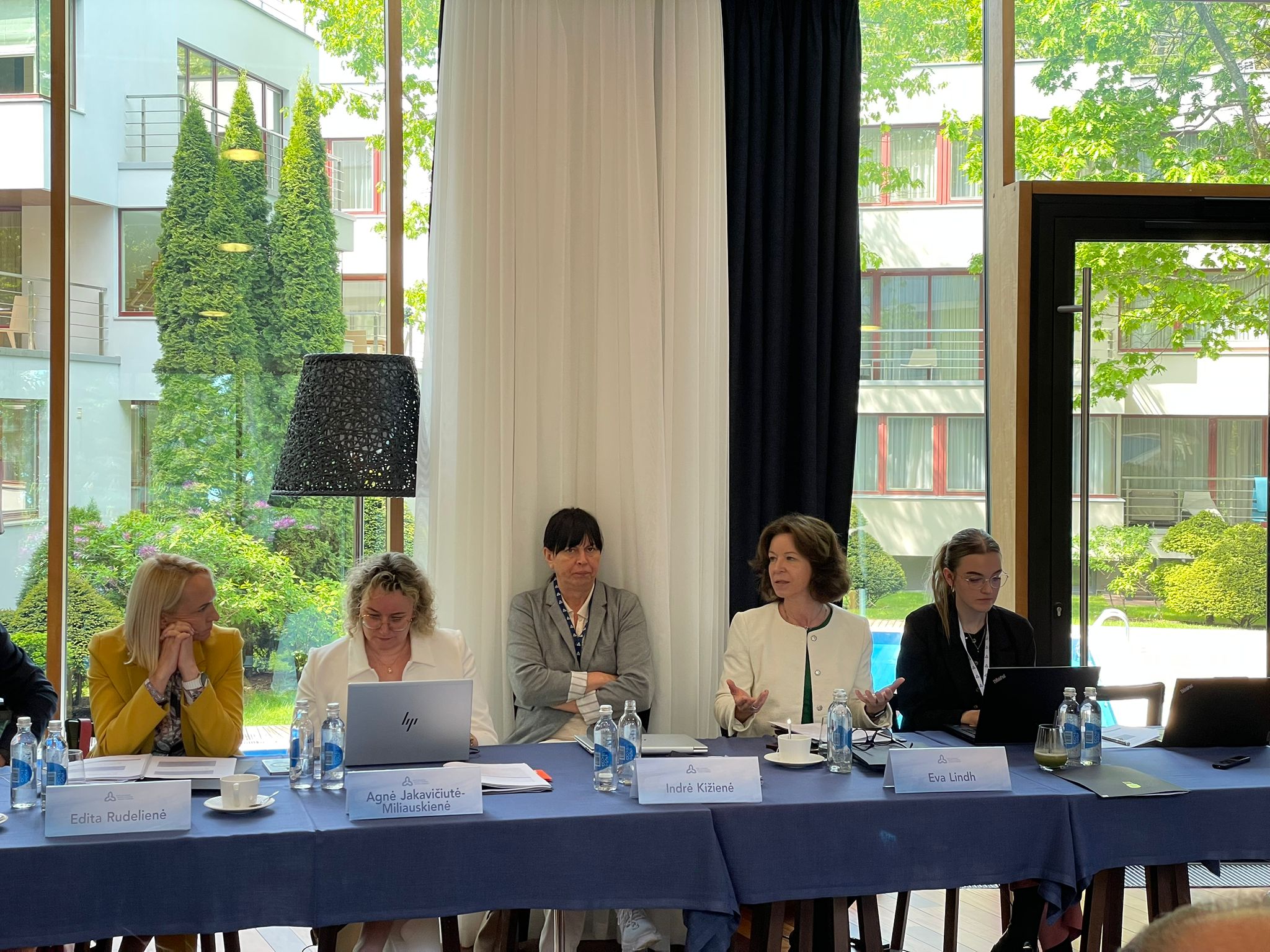
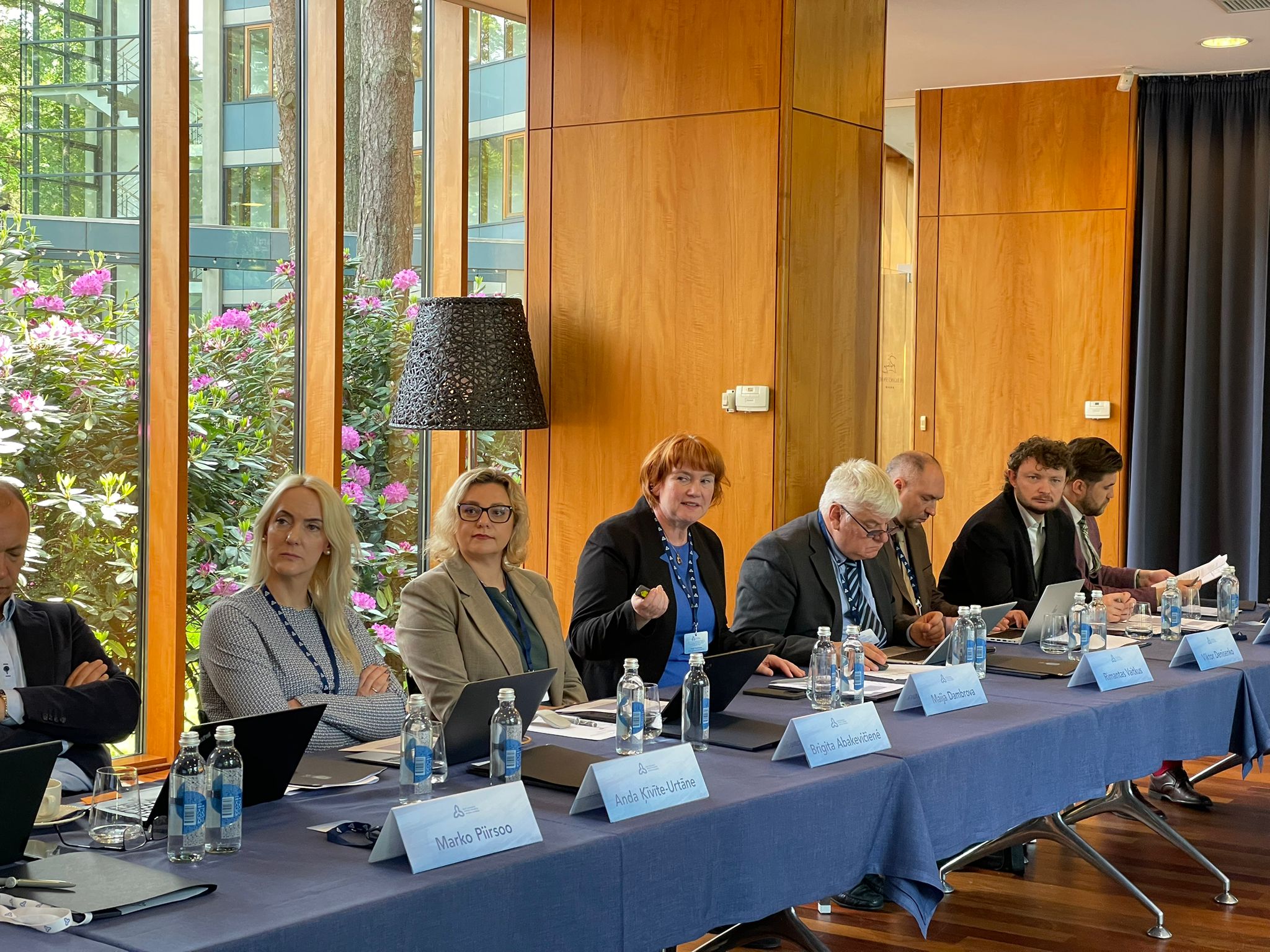
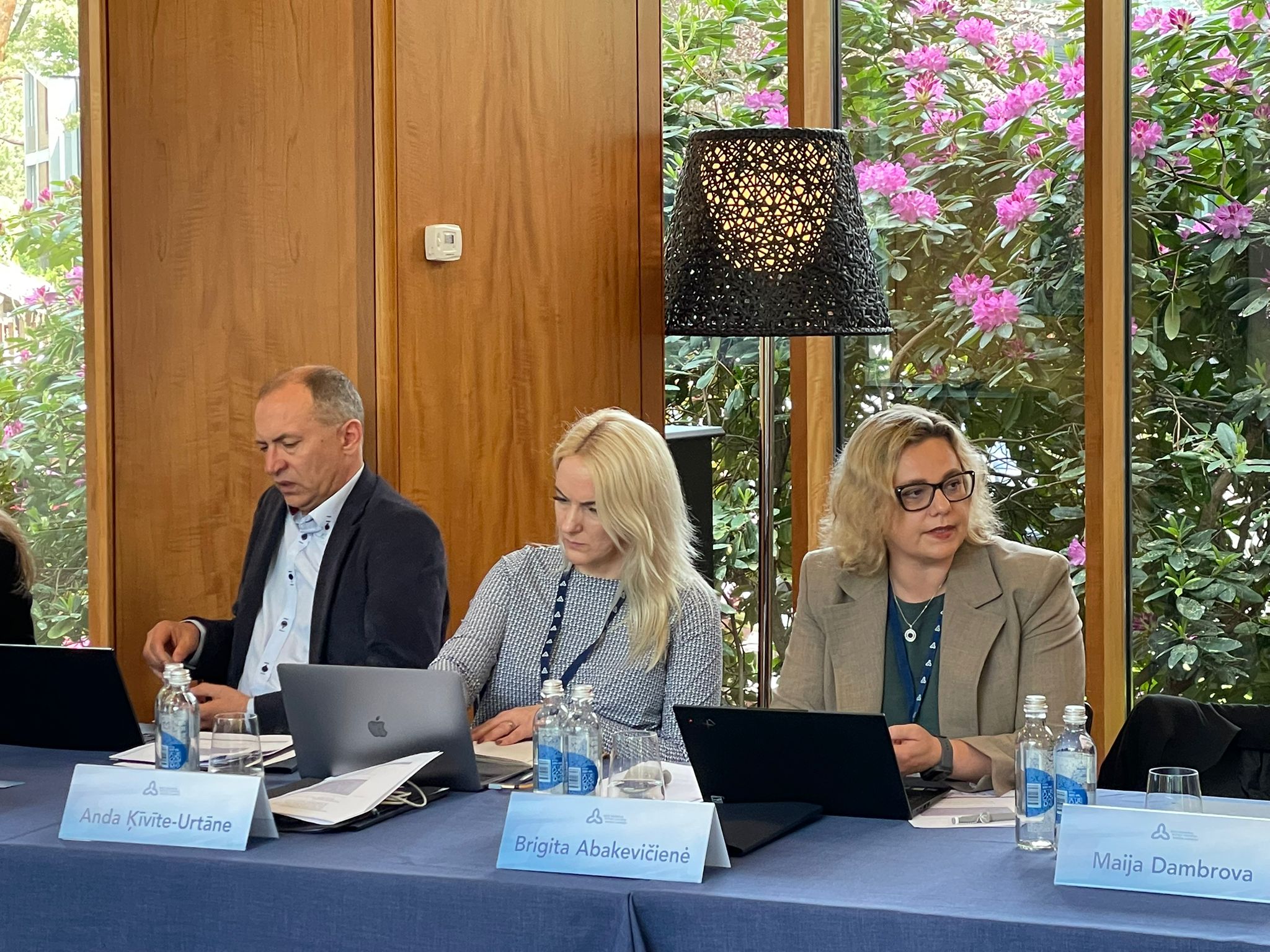
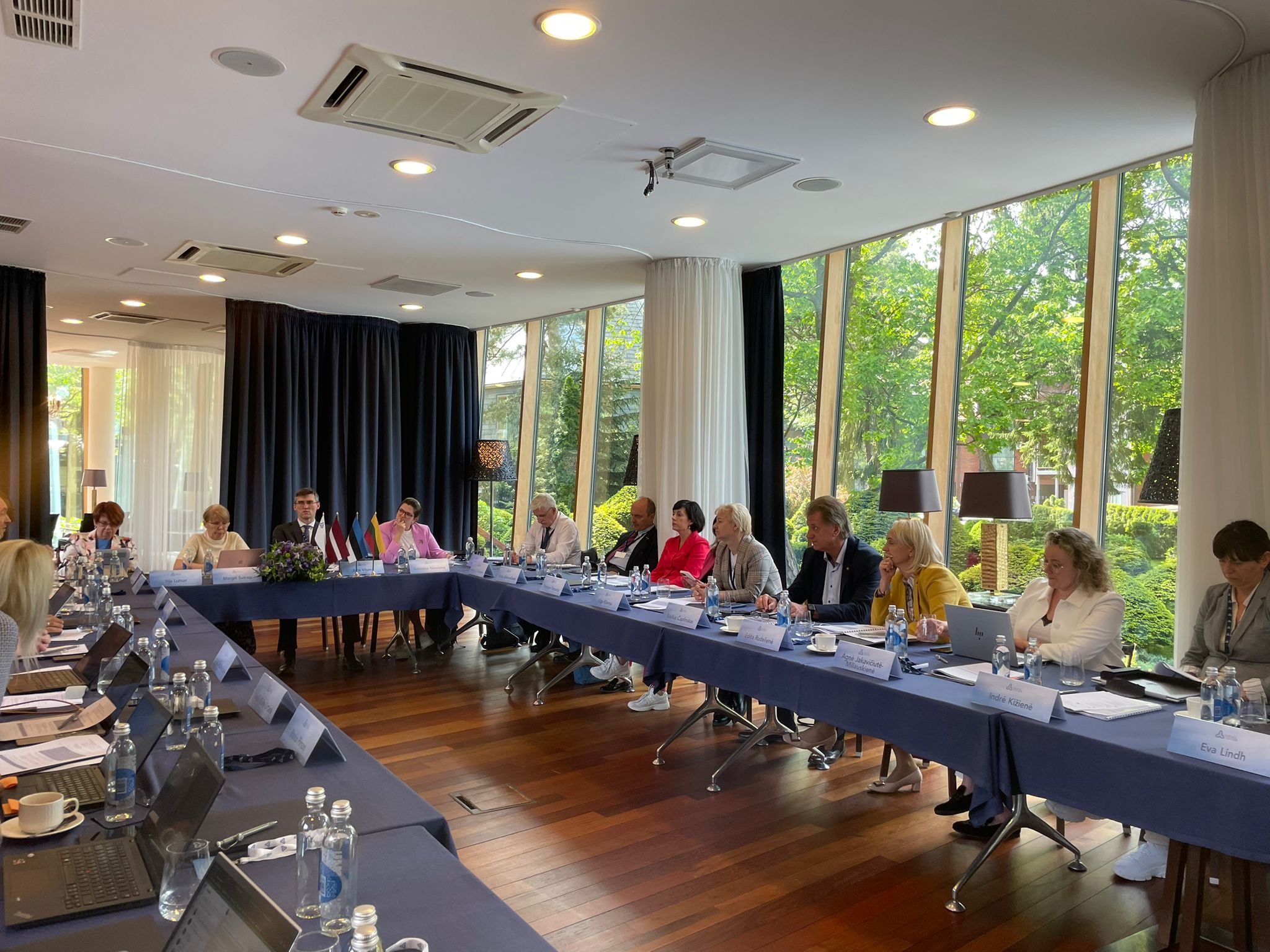
 Print
Print 

